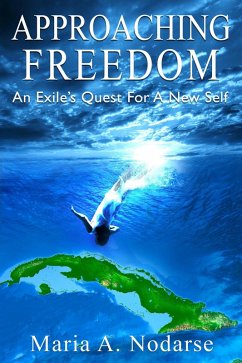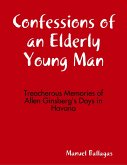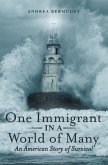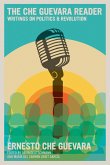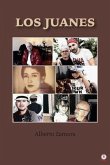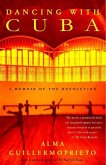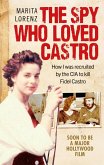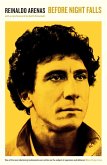Nodarse is fifteen when her family settles in a white, middle-class New Jersey town. In Cuba she had attended the same private American school since kindergarten. At Ridgefield Park High School her classmates ask her, "Did you wear shoes in Cuba?" When a fellow Cuban student joins her senior class she's forbidden to speak to her in her own language on the school grounds. An outsider, she starts looking for somewhere to hide.
Alone in this new reality, with one brother studying medicine in Mexico and the other imprisoned after the Bay of Pigs fiasco, Nodarse resents the role assigned to Cuban women.
When her father loses his job and announces "We're all moving to Miami." Nodarse is not so sure. She has other ideas about her life even though it might cause her parents to stop talking to her. She knows that her decision will set the stage for the rest of her life. What she doesn't know is how a headstrong young Latina can find her way through the maze of feminist, social, and political revolutions of the 60' and 70's without losing herself or the small family she has left.
As an exile, she's left everything behind her identity, her language, her land, her culture, her people. In Miami her compatriots have found ways to mediate these losses; they have formed an ethnic enclave that provides the warmth and acceptance of home. Nodarse refuses this consolation and moves to Manhattan. After graduating from Columbia University she returns to Cuba, seeking what defined her.
Dieser Download kann aus rechtlichen Gründen nur mit Rechnungsadresse in A, B, CY, CZ, D, DK, EW, E, FIN, F, GR, H, IRL, I, LT, L, LR, M, NL, PL, P, R, S, SLO, SK ausgeliefert werden.

